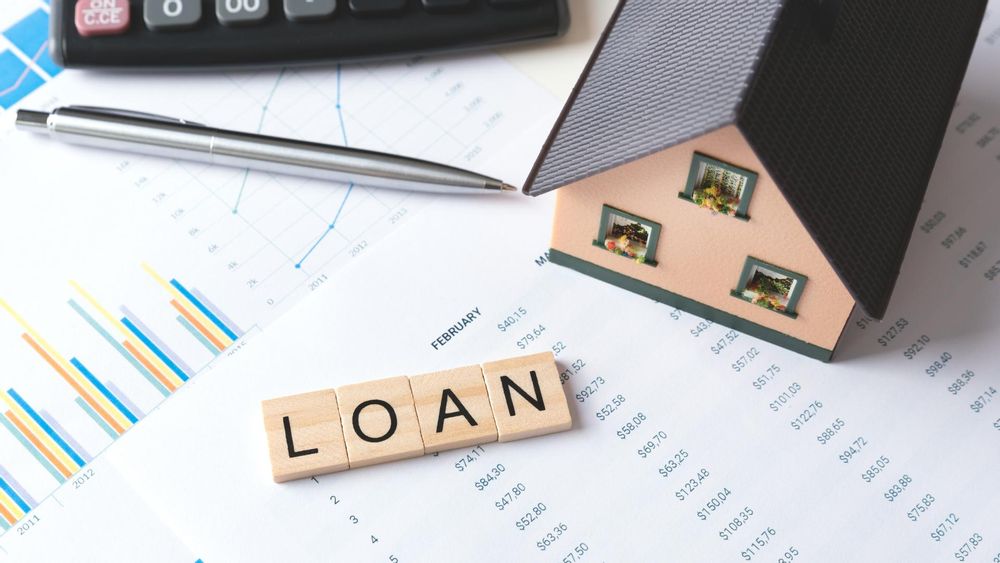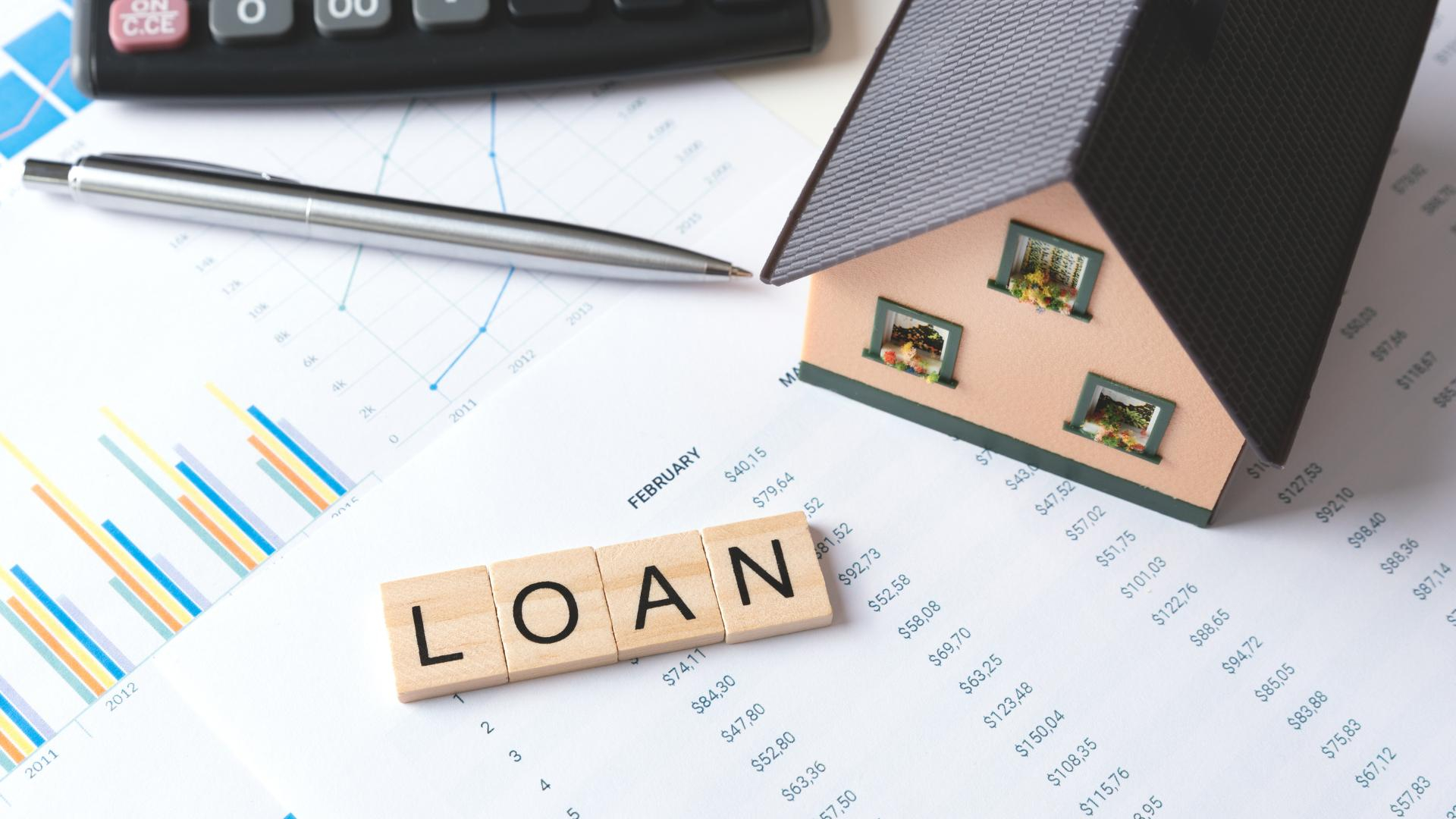You have done the hard work and become a homeowner, now the task of repaying your home loan lies ahead - and while it might feel like a long and daunting journey, it doesn’t have to! With a few smart strategies, you can reduce your home loan term and save money on interest.
Here's how to repay your home loan faster and become home loan-free sooner.
1. Start with the best interest rate
Your journey to paying off your home loan faster begins with securing the most favourable interest rate. The lower your interest rate, the less you'll pay over the loan's term. Take the time to research and compare lenders' rates. You can also use a bond originator to do the legwork for you, allowing them to secure quotes from all the major banks on your behalf. This not only saves time but can also ensure you get the best possible deal from the start.
Wondering how you can get a better interest rate? The truth is that it starts long before you apply for a home loan - the better your credit score and the bigger your deposit, the better chance you have of securing a lower interest rate.
2. Make extra payments
One of the easiest ways to reduce your home loan term is by making extra payments, no matter how small. Even an additional N$100 a month can help chip away at your principal debt. Over time, this can significantly reduce the overall term of your loan, allowing you to save on interest charges. These extra payments go directly toward reducing the principal amount, meaning less interest will be calculated on your outstanding balance.
Here is an example of how each little payment can help you:
Based on a 20-year home loan term at the current interest rate of 11,25%
3. Turbocharge your repayments even more
Whenever you receive a bonus, inheritance, or tax refund, consider putting some of that money toward your home loan. Lump-sum payments can make a significant dent in your outstanding balance and shorten your loan term substantially. Every extra contribution brings you closer to financial freedom.
Rounding up your home loan payments to the nearest hundred or thousand can make a substantial difference over the life of your loan. For example, if your monthly repayment is N$3,850, round it up to N$4,000. These small incremental payments add up over time and help reduce both the principal and interest owed.
4. Maintain a disciplined lifestyle
After taking out a home loan, maintaining or cutting down your lifestyle expenses is essential. Instead of upgrading your car or indulging in luxury purchases, allocate any excess funds to your home loan. This disciplined approach will accelerate your repayment schedule.
Financial questions you should ask before applying for a home loan
If you are getting ready to apply for a home loan, you need to assess your financial well-being and you should know the answers to the following questions:
What is my credit score?
Would-be homebuyers should know their credit score and check their credit record to ensure that everything is in order. It is possible for negative credit information to be recorded by mistake. Checking your credit record before applying for finance will allow you time to rectify any mistakes that could harm your bond application success. Consumers are entitled to a free credit report each year, so they should be sure to check it.
Any accounts or bills that have been handed over for collection should be paid and sorted out before applying for finance. Defaults or slow payment notifications will have a negative impact on a credit score, so it is important to make payments timeously.
What is my annual income?
The bond amount that a consumer qualifies for will be determined by their income. So it is important to include any bonuses or annual investment returns when making this calculation. Annual tax return documentation will assist you in determining your actual yearly income. Get these documents ready before applying and ensure that you are up-to-date with all tax submissions.
How much debt do I have?
Disposable income is a key consideration when the bank considers the home loan amount they are willing to grant. For this reason, you should try and get rid of debt or at least pay it down as much as possible. The bank will require applicants to provide them with a list of their monthly expenses to determine the debt-to-income ratio. The ratio will be used as a measurement tool to determine the appropriate bond amount that the applicant can afford. Having a lower debt-to-income ratio will be highly beneficial to consumers who want higher bonds.
What kind of deposit can I put down?
More often than not the bank will require a deposit. The deposit can vary between 10% and 30% of the purchase price of the property depending on the circumstances. Aside from the deposit, you will also need additional money for the costs associated with buying a home such as transfer fees, attorney fees, and bond costs.
What can I afford?
In an ideal situation, the monthly house payment, which includes the bond, interest, taxes, and insurance should not take up more than around 30% of your income before taxes. It is possible to get an idea of your affordability levels from an online bond calculator or with the help of a financial professional.



